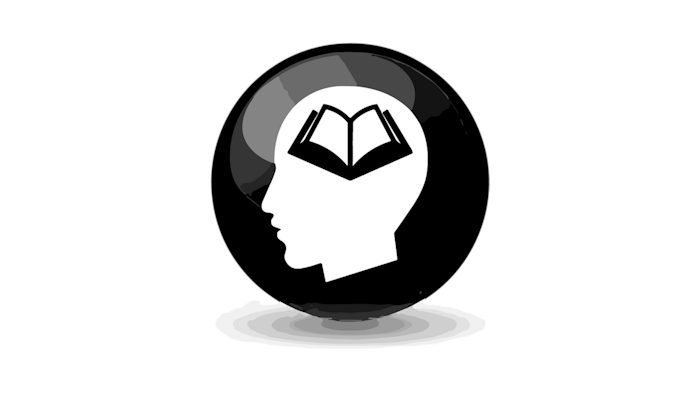Argumentation
Many young people and even some adults think that the word “argue” means to fight. But arguing in a thoughtful, considerate, and open-minded manner is the way that progress is made. People disagree. That’s human nature. How they resolve their disagreement is the key to lasting friendships and advancement of our society. The Jane Schaffer Writing Program® trains teachers how to teach the art of writing argumentative responses and essays to students.
Expository
Expository/Informational Writing conveys information or educates a reader on a topic. In academic settings, the expository/informational response or essay is the most widespread of all the modes of writing because most content area teachers ask students to explain new learning through writing. Both formative assessments and summative assessments require writing. So, even when students know the answer to a question, many times they struggle to write their answers effectively. That's where Jane Schaffer Academic Writing® comes to the rescue!
Literary
We read literature so that we don’t feel alone in the world. The characters’ struggles and triumphs; the settings around the world and beyond; the social and cultural mores – all help us to understand ourselves, our history, and our place in the world. Almost four decades ago, Jane Schaffer began her program providing English Language Arts instructors and coaches with the best strategies for teaching students how to read and write about literature and its impact on the human condition.
Narrative
The purpose of a narrative is to tell a story from a particular point of view. The narrative has characters, a plot, setting, and one or more themes. Typically, students are required to compose three types of narratives: the Personal Narrative, the Fictional Narrative, and the College Admissions Essay. The Jane Schaffer Academic Writing Program® guides teachers to help their students write all three types of narratives effectively.




